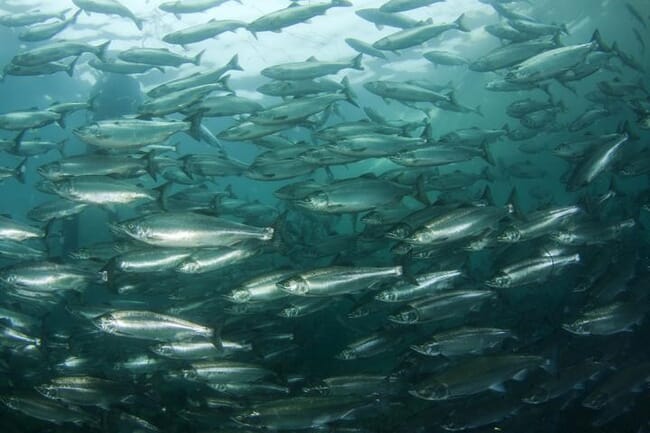
The Aquatic Life Institute (ALI) and its partners submitted joint comments to the FAO’s Global Conference on Aquaculture (GCA +20) regarding their Shanghai Declaration, a road map to optimise the role that aquaculture can play in achieving the 2030 Agenda for Sustainable Development.
Not only did FAO incorporate these comments, they also invited ALI to speak during the conference, which drew over 500 participants in person and over 800 watching online. The organisation sees this as a huge milestone for the recognition and inclusion of aquatic animal welfare.
“The fact that the FAO allotted us a speaking slot among hundreds of organizations that could have spoken is a true testament to our sustained advocacy efforts in elevating aquatic animal welfare at all levels of society. This is a huge win for the entire aquatic animal welfare movement,” says Christine Xu, head of strategic initiatives at the Aquatic Life Institute.
Whereas the early draft included only one reference to aquatic animal welfare as it relates to biosecurity and disease prevention, the final draft added an entirely new clause on aquatic animal welfare based on feedback from ALI:
“Recognizing that developing aquaculture sustainably and equitably requires a holistic approach that values both human and animal health and welfare and further recognizing that aquaculture activities should be conducted in a manner that assures the health and welfare of farmed aquatic animals, by optimizing health through minimizing stress, reducing aquatic animal disease risks and maintaining a healthy culture environment at all phases of the production cycle,” the declaration states.
As ALI reflects, historically, aquatic animals have been neglected in welfare advocacy and research. Even at the top levels of society, their sentience is rarely recognized and their welfare is seldom considered. Now, for the first time, the FAO has issued high level guidelines that include aquatic animal welfare.
“Our joint feedback to the FAO was carefully crafted by our team and our alliance partners. We are thrilled that these comments were incorporated into such a fundamental document, which can translate to positive ramifications in aquaculture development for the next decade,” concludes Tessa Gonzalez, lead researcher and author of the joint comments.


